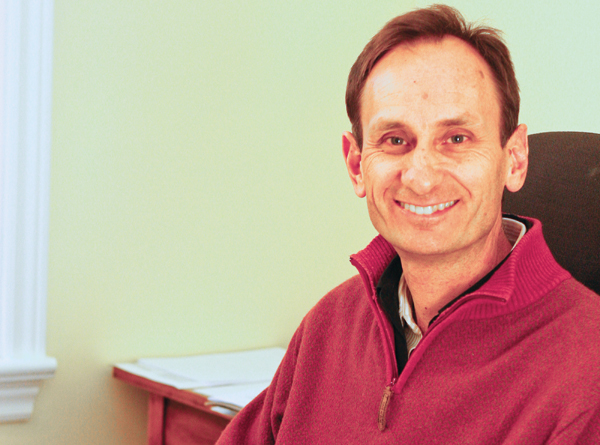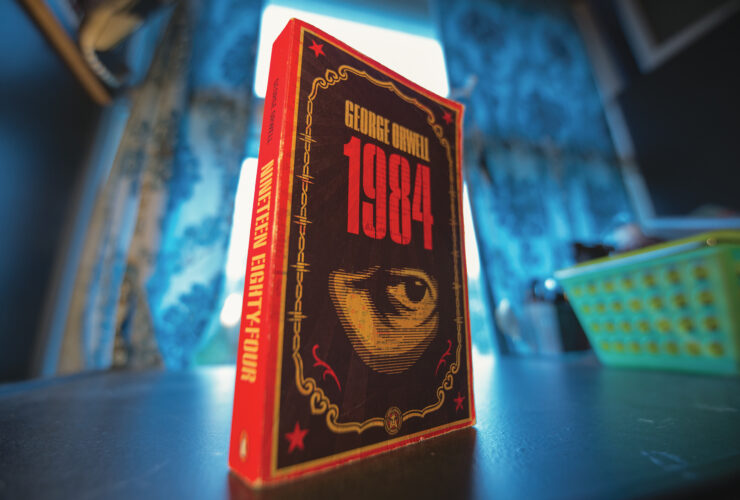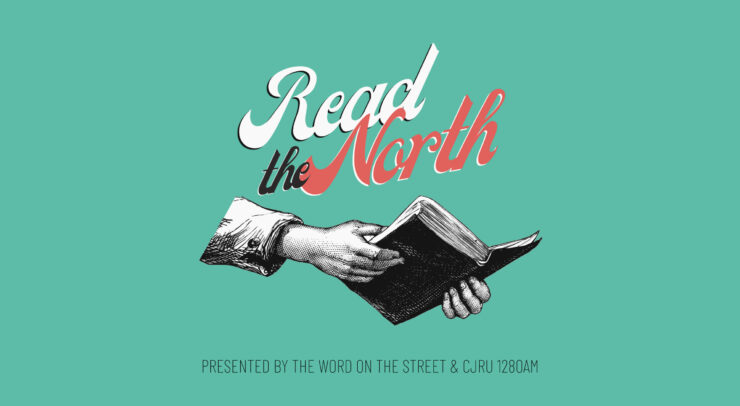During the school year, when you feel like readings are piled up to your ears, reading for fun can seem like a ridiculous idea—but it shouldn’t. Reading is the fastest way for you to make an escape into the world of your choosing, and expand your vocabulary without even knowing it. The underappreciated world of literature offers endless benefits, so without further ado, check out this week’s read.
Like many of you, I find Trevor Noah’s news coverage on The Daily Show to be witty, integral, and relatable, which is why I decided to pick up his memoir Born a Crime: Stories from a South African Childhood.
Of course, since he’s a TV personality you would expect it to be just another comedy memoir. But Noah’s work isn’t just a retread of A Walk in the Woods, or Why Not Me?
Instead, it’s a refreshingly gripping tale of Noah’s days living under apartheid rule. Noah continuously captivates the reader—including me, no matter how times I’ve read it—and takes them on a compelling journey from his South African childhood to his extraordinary career as a comedian in America.
The memoir opens with Noah describing how he was “born a crime,” by which he means that he was the illegal result of an apartheid law that prohibited any sexual relationships between black and white people—a crime his parents had to publicly hide.
Noah notes that these laws often prevented him from getting close to his Swiss-German father.
“The only time I could be with my father was indoors,” he shares with his readers. “If we left the house, he’d have to walk across the street from us.”
He also notes that his mother was no stranger to this kind of disassociation from her son. Noah writes that being seen alone with his black mother, especially in the presence of the South African police, would often lead her to pretend that Noah wasn’t her son. At an early age, Noah learned the harsh realities of being born a crime, but learned to live with it.
What makes this 288-page memoir a humorous, soul-driven read is the realness he injects into his short stories, letting the audience see more than just a glimpse of his life.
The aspect I found most captivating within the book was the fact that no matter how people judge Noah based on his skin colour, he always found a way around these misconceptions.
For example, he found that by speaking multiple African languages such as Xhosa and Zulu he could “bridge the race gap” in being able to culturally connect with other races. According to Noah, this came as a surprise to many since “in South Africa back then, it wasn’t common to find a white person or a colored person who spoke African languages.”
As a South African myself, I can speak to the fact that people would often base their misconceptions on people’s skin color and would be surprised if they were capable of being something beyond a stereotype.
Noah further explains that growing up in a black family lead him to believe that he belonged to the black race.
“I saw myself as the people around me, and the people around me were black,” he writes.
Although he also grew up amongst white family members, Noah writes that he felt more connected to the black culture, recalling that the black kids “embraced” him during his youth, simply because he spoke their language.
Throughout the memoir, Noah also reflects on his close-knit relationship with his mother. He describes their bond as “the relentless detective and the devious mastermind she’s determined to catch,” while he recalls being the relentless child constantly creating a chaotic environment to satisfy his endless curiosity.
At once intriguing and heartwarming, this memoir is a must read for Noah’s fans.
Born A Crime is now available in all major bookstores in hardcover.





